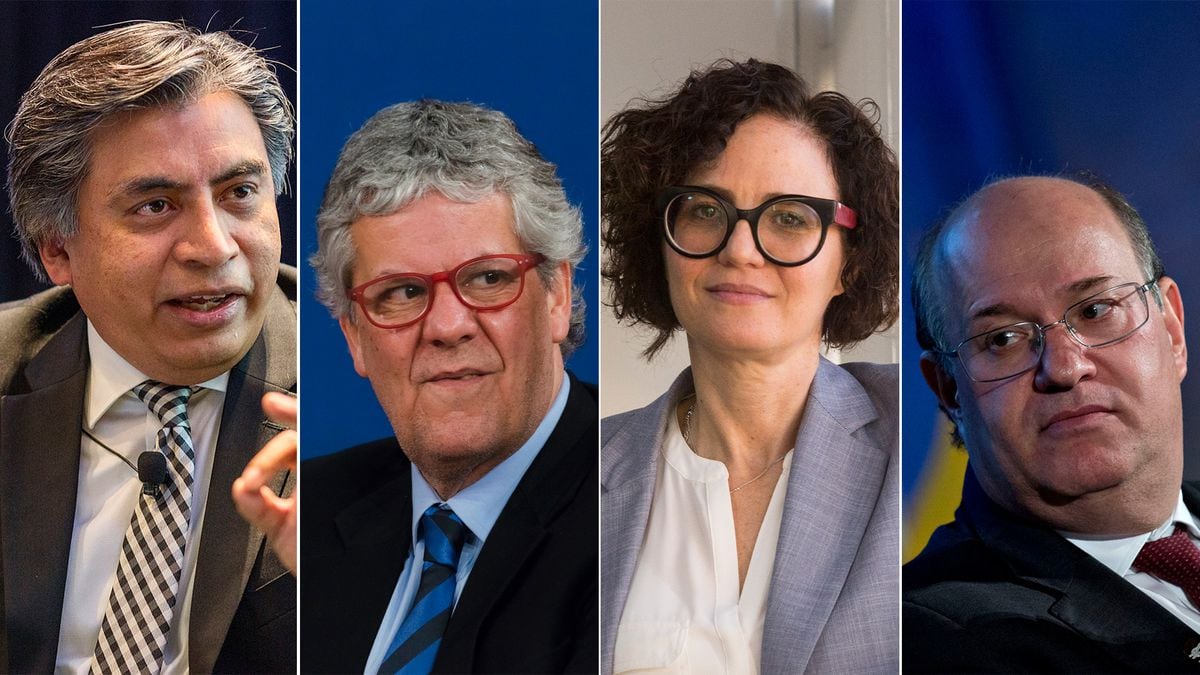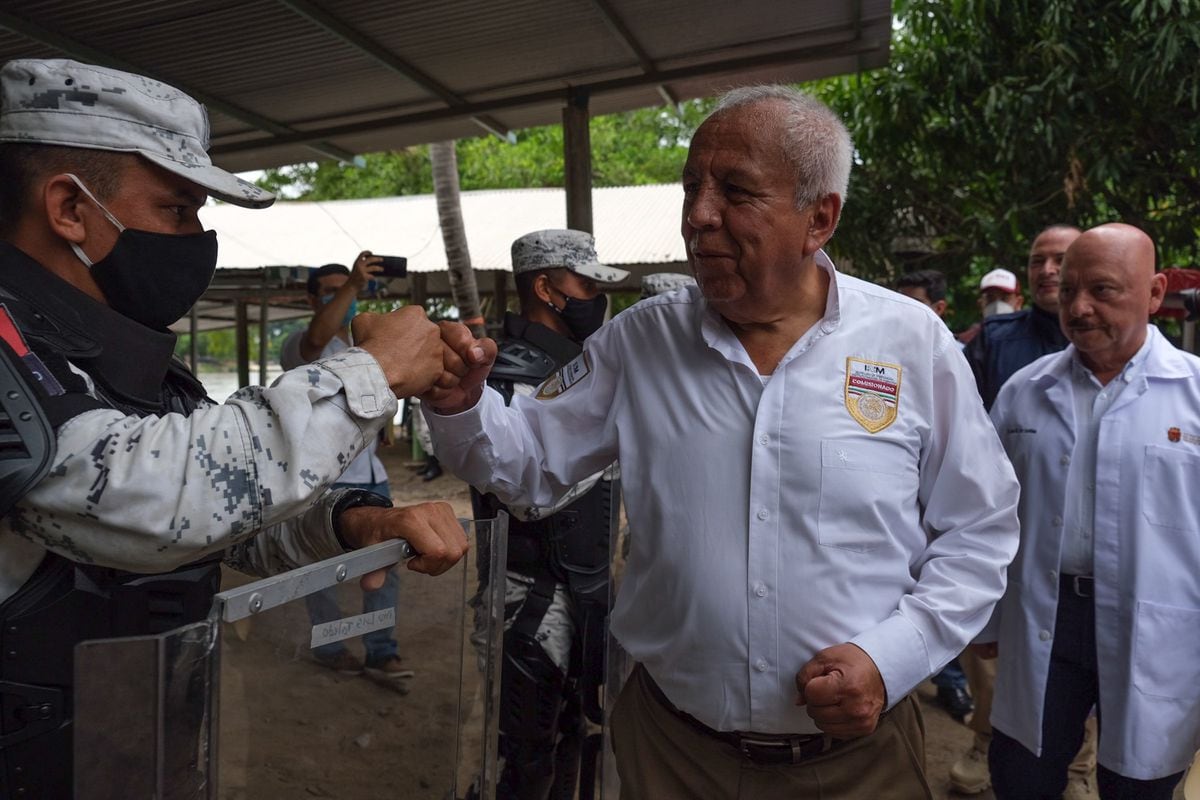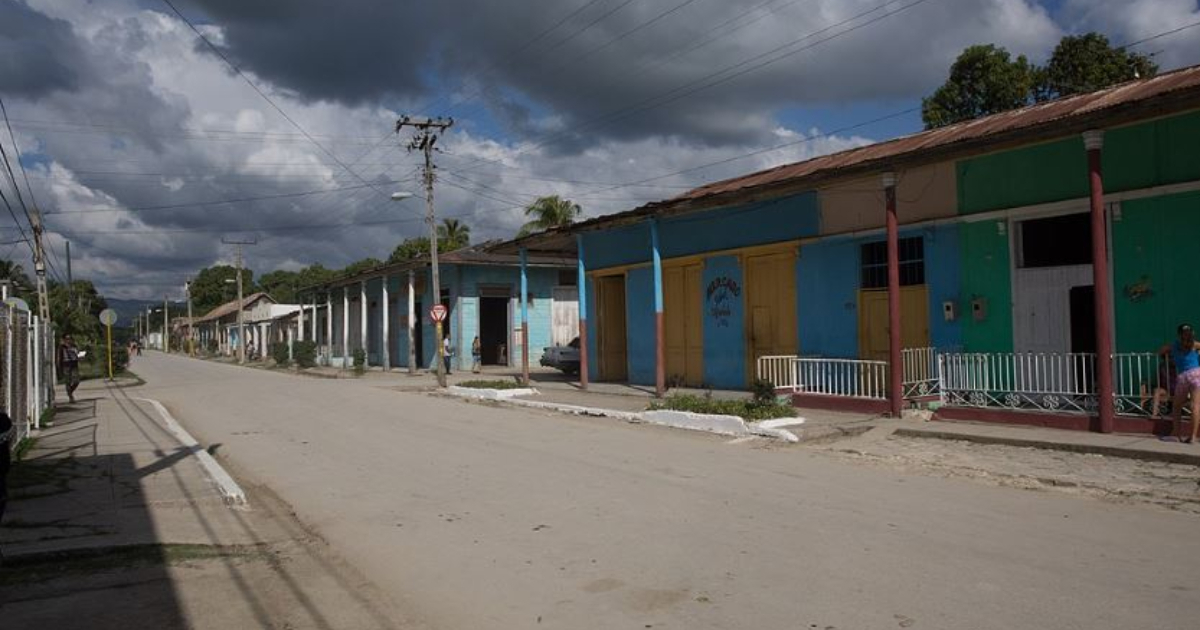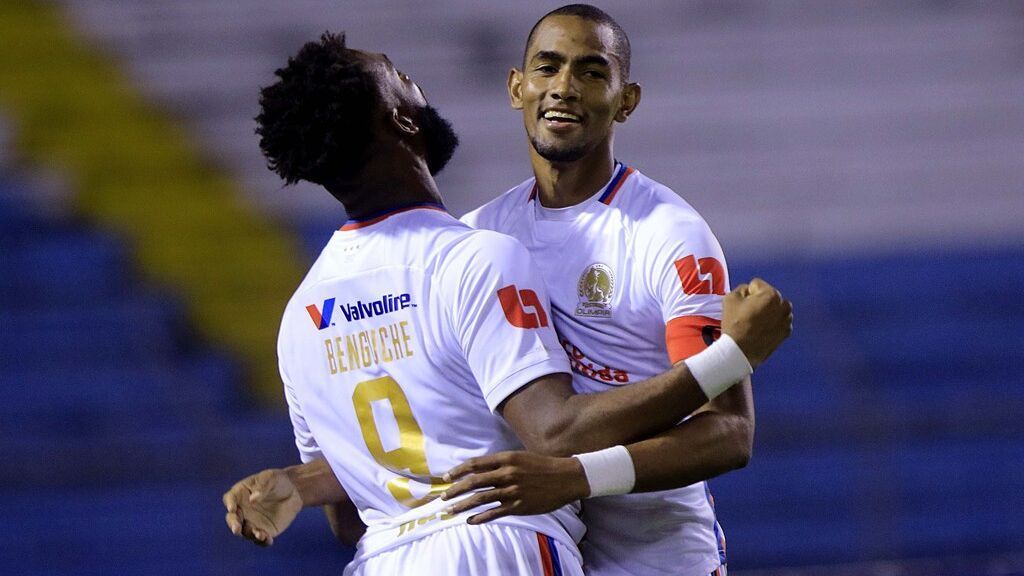There is no agreement and Latin American countries are divided in the final stages of the presidential race Inter-American Development Bank (IDB), The continent’s most important multilateral lending system. Unexpected name changes, last-minute applicants and postponement requests. The headlines last week were before this Friday night when the international organization closed the deadline for the registration of candidates. The final election will take place on November 20, with delegates from each country voting by quota for the new president. Without a coalition between Latin American countries, the 30% share of the US vote will once again be decisive.
The first surprise jumped in Mexico in the middle of the week. His candidate, Alicia Barcena, announced her withdrawal from the list for personal reasons. Instead, the new Mexican race has a lower profile than the first choice and a history of recent differences with President Andrés Manuel López Obrador. The former director of the Economic Commission for Latin America and the Caribbean (ECLAC) was considered a serious candidate with the possibility of garnering support from Argentina, Brazil and Chile. His resignation caused a series of reactions. Chile announced its candidate the next day. On Friday, in the last minute, Argentina did just that. One last nomination from Trinidad and Tobago was already known with the official notification of the IDP.
The most difficult to fit into the Latin American coalition is the Brazilian candidate. Just before the election two weeks ago, Jair Bolsonaro introduced his candidate, the highly respected economist Ilan Goldfajn, who currently heads the Western Hemisphere Department at the IMF and, before that, was the head of the Central Bank of Brazil (2016-2019). . But former Brazilian minister Guido Manteca, a member of Luiz Inacio Lula da Silva’s interim government, criticized his presentation and viewed Bolsonaro’s move as an attempt to torpedo talks with other progressive governments in the region. Mantega has gone so far as to formally request a postponement of the election, but the multilateral body has yet to flex the deadline. Goldfajn says he has all the support in Brazil. Lula didn’t speak. The cards are already on the table, and the expected renewal of the chairmanship of the IDB will be known by the end of November. American Mauricio Claver-Caron was fired at the end of September For his relationship with an employee.
Gerardo Esquivel, an economist who defected from López Obrador
Gerardo Esquivel, 56, an economics doctor at Harvard University, is one of the most cited Mexican researchers in the economic literature, according to a profile published by the Bank of Mexico. His areas of expertise are inequality, development and poverty. In 2005, at just 39 years old, the Mexican Academy of Sciences awarded him the Social Science Research Award. This was the first of many awards Esquivel received.
Join EL PAÍS to follow all the news and read without limits.
Her relationship with President Andrés Manuel López Obrador began decades ago and has changed over time. Esquivel was part of his campaign team in 2018 and was an undersecretary in the Treasury portfolio. However, the president reversed his decision and said he would appoint him as the deputy governor of the central bank shortly before his inauguration. Since then, Esquivel has stood out as the most lax governing board member when it comes to monetary policy, consistently voting for lower interest rates than his colleagues. “A rise in interest rates has undoubted implications for economic activity,” he told the newspaper in March. In 2021, after the disagreement, López Obrador called Esquale an “ultra-technocrat” and a “square”.
His international experience is extensive. Esquivel has worked as a researcher at the Harvard Institute for International Development (HIID) and the International Monetary Fund (IMF) at Harvard University. He has also been a consultant to the World Bank, the Inter-American Development Bank, the Economic Commission for Latin America and the Caribbean, the Organization for Economic Co-operation and Development (OECD), and the Development and Environment Programmes, UNDP and UNEP. of the United Nations. From 2010-2011, Dr. Esquivel was the Tinker Wisting Professor at the Harris School of Public Policy at the University of Chicago.
Brazil is introducing a strong candidate for the position it has never had
Brazil has put forward a very powerful candidate to lead a company that is the second-largest shareholder, but has never presided since it was founded 63 years ago. The first representative of the Latin American economy is Ilan Goldfajn (age 56, Haifa), an Israeli-Brazilian born in Rio de Janeiro and trained at MIT in Massachusetts. In officially announcing his candidacy on October 24, the Brazilian government highlighted that Goldfajan is a professional who combines “broad and successful experience in the public sector, multilateral organizations and the private sector, as well as a solid academic background”. Goldfajn currently heads the Western Hemisphere Department at the IMF. Previously, he headed the Central Bank of Brazil (2016-2019), was Chief Economist and Partner at Ita Unibanco, worked at Credit Suisse and was the founder of two major Brazilian investment funds, Ciano and Cavia.
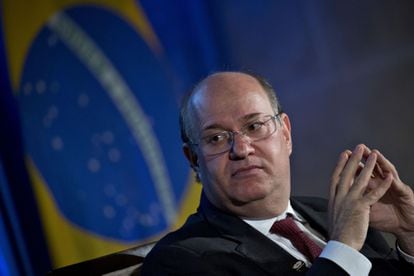
The process of assuming the leadership of the IDB coincided with a tense election campaign. In fact, the candidacy filed by the Bolsonaro government’s economy minister a week before one of the toughest elections in Brazil’s history, Luiz Inacio Lula da Silva won with 50.9% compared to 49.1%. In a last-minute move, Guido Manteca, a former Lula economy minister and member of his transition team, tried to convince other countries to postpone the IDB elections so he could field a Brazilian candidate other than Goldfjörn. But the multilateral body said on Friday that its rules prevent changing the date of the vote.
Newspaper Or a balloon In an editorial he highlighted while still developing the candidacy, Goldfajn “has a history of supporting environmental protections and a recognized ability to build consensus” and has “no partisan color.” For the current government, the next president of the IDB, according to an official note on the nomination, it is important to “seek greater private participation” to finance sustainable development projects in the region. During his senior position at the central bank, before becoming president, he worked for the IDB from Brazil, working alongside presidents Lula and Fernando Henrique Cardoso.
Nicolás Iságuer, a historical figure of the Chilean center-left
Economist Nicolás Eyzaguirre (Santiago, 69) is a historical figure of the Chilean center-left. Party for Democracy (PPD) militant was Minister of Finance during the government of Ricardo Lagos (2000–2006). His management was marked by the creation of a structural surplus balance designed to save during economic growth, alongside current Finance Minister Mario Marcel. In 2008 he became the Director of the Western Hemisphere Department of the International Monetary Fund (IMF), a key post leading to his nomination to the IDB. During Michelle Bachelet’s second term (2014-2018) she returned to lead the Treasury Department for six months after serving as General Secretary to the President and Minister of Education.
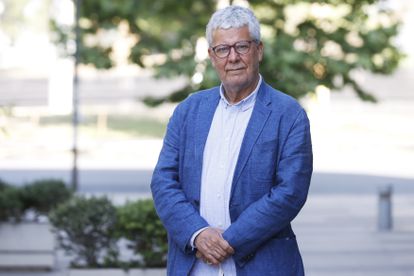
Eyzaguirre’s candidacy to head the IDB, put forward by Gabriel Boric’s government this week, comes less than a month before the vote, which could put him at a disadvantage in garnering support in the region compared to other candidates. Another name considered by La Moneda is Andrés Velasco, Bachelet’s former finance minister. The management assures that Isaguare’s experience in international organizations was decisive in leaning towards him. “From an economic point of view, his knowledge of the region is probably the broadest we will ever see,” Finance Minister Mario Marcel told Ex-Ante. Eyzaguirre knows how to reach out to the new generation of leftists ruling Chile, and was one of the most visible faces of the campaign to ratify the constitutional proposal that was rejected in September. Velasco, for his part, argued for its rejection.
Todesca, a last-minute Argentine race
As nominations closed, Argentina offered Cecilia Todesca, a 51-year-old economist trained in the United States, to serve as her country’s representative at the International Monetary Fund for a brief stint in the Southern Cone chair. Todesca was not in anyone’s plan, but Lula da Silva’s lack of clarity regarding Ilan Goldfag’s candidacy prompted the Casa Rosada to go under its own name.
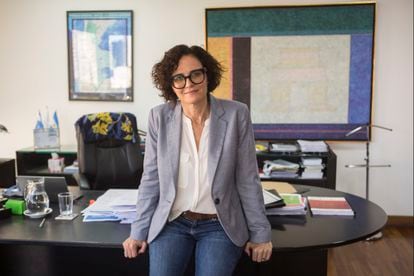
Todesca is the Secretary for International Economic Relations at the Ministry of Foreign Affairs, taking over from Santiago Cafiero, who held the leadership of the Cabinet. He was also the Chief Staff of the Central Bank between 2010 and 2013. The scion of a family of Peronist lineage, he is part of the “Albertismo,” the small circle of high officials who still support President Fernández against his deputy’s onslaught. called the President. , Christina Kirchner.
His experience in international companies is less compared to his competitors. But at Casa Rosada, they believe being the only female candidate will add points when it comes to negotiating the necessary support. They note that despite being one of the largest contributors, behind the United States, Brazil and Mexico, Argentina has never chaired the IDB since its founding in 1959.
Follow all international information Facebook Y Twitteror inside Our weekly newsletter.

